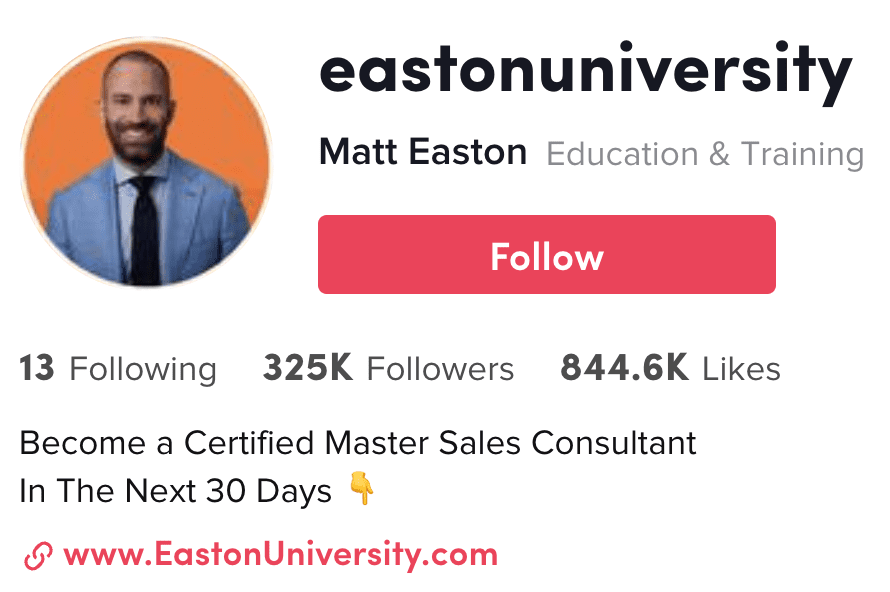When it comes to closing, many salespeople have old, catchy phrases from years past that can make customers feel defensive and frustrated. So, to avoid those outdated closing lines, many salespeople stop trying to close altogether. Neither of these approaches are ideal for the modern car buyer. Today on Inside Automotive, we’re pleased to welcome back Matt Easton, sales trainer, consultant, and Founder of Easton University, who discusses how salespeople can close more deals in ethical and helpful ways.


Try viewing a car purchase through this lens. If you don’t try to close and help your customer buy a vehicle, they might decide to wait on their purchase only to find out the product is out of stock. In this situation, Easton believes that ethically, the salesperson must take some accountability. He adds that salespeople must at least attempt to close every deal.
To close more deals in ways that are not pushy or manipulative, Easton first recommends avoiding all or nothing questions that result in a ‘yes’ or ‘no’ response. Instead, ask a timing question like, Does it make sense to buy the car? If the answer is no, then the appropriate follow-up question should be, Ok. What’s a good next step? If the customer responds with I don’t know, reframe the question and ask the guest What is a good next step for me then? Easton says it’s more challenging for customers to evade this question, which usually leads to a follow-up opportunity.
This line of questioning shouldn’t pressure customers to make a purchase. Its purpose is to provide the guest with all the information around timing because we know that vehicle inventory and pricing could be completely different two weeks from now. If you pressure customers to make a purchase on the spot at the dealership, they might distrust you and never visit your store again.
Did you enjoy this interview with Matt Easton? Please share your thoughts, comments, or questions regarding this topic by submitting a letter to the editor here, or connect with us at newsroom@cbtnews.com.
Be sure to follow us on Facebook and Twitter to stay up to date or catch up on all of our podcasts on demand.
While you’re here, don’t forget to subscribe to our email newsletter for all the latest auto industry news from CBT News.









